
Guest Post: The Power of Routines
While routines are important for everyone, for children in foster care, predictability holds even greater value.
by Adriana Molina, LSCW and foster parent
I clearly remember the first time my [then] three-year-old taught me how important routine is. We were moving away from late afternoon free-play time, so I started repeating the familiar reminders: “We are going to have dinner, take a bath…”, and then he took over: “and watch show, and night-night.” There was no kicking or screaming that evening, no frustration at the end of each step, just words that we both knew and could say together.
Most of us have a set of routines that are part of daily life: how we brush our teeth, how we shower, and so on. Routines give us a sense of familiarity, and the patterns we create in our minds help us get things done while we’re thinking about other things. While routines are important for everyone, for children in out of home care in particular, the creation of routines holds an even greater value.
The predictability that comes with routines is not just about physical comfort, it’s also about emotional safety. Having consistent routines helps children have a sense of control, because they can anticipate what will happen next. This is especially important for children who have experienced trauma and multiple changes in their life.
Routines also reflect relationship. The adult is the starting point for the structure in the home, but the child’s needs will need to be prioritized and woven through the day. This takes time, patience and commitment because, as a foster parent, the relationship does not become “back and forth” for a long time. Children’s growing sense of familiarity and trust in the adult will allow them to take part in and anticipate the routines. In other words, when there are routines within a family, each member has a role, and everyone contributes to children’s well-being!
But consistent doesn’t mean rigid. Routines must be developmentally flexible because the needs of the child and the relationship will change and grow over time. A great example of this ongoing change is how much time you’ll need to include in routines for play and transitioning away from play as children grow.
Despite our goals, things will come up! Children will be able to adapt to a change or a new routine if it is developmentally appropriate, explained clearly, and is consistent. And the more consistent we are with routines, the better a child will be able to manage something unpredictable with the support of a patient and caring adult!
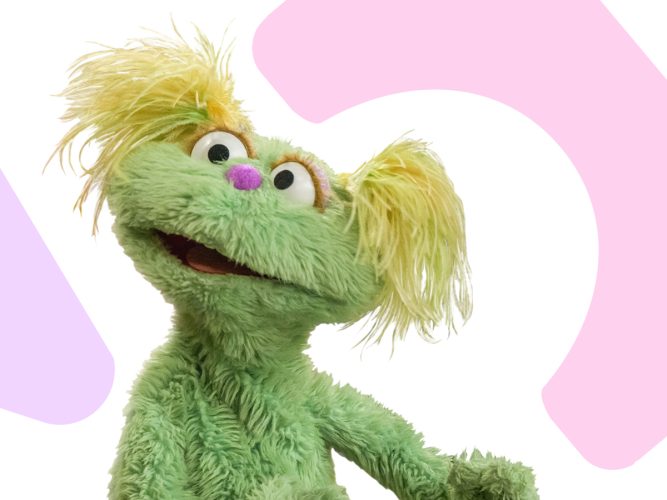
Talking About It
Suggested answers to children’s most difficult questions about foster care.

The Creature Connection
How the human-animal bond can help heal.
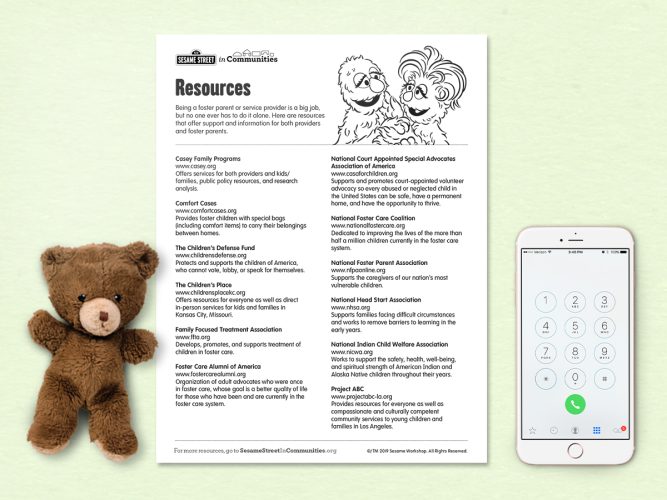
Foster Care Resources
Resource sheet for providers and parents working within the foster system.
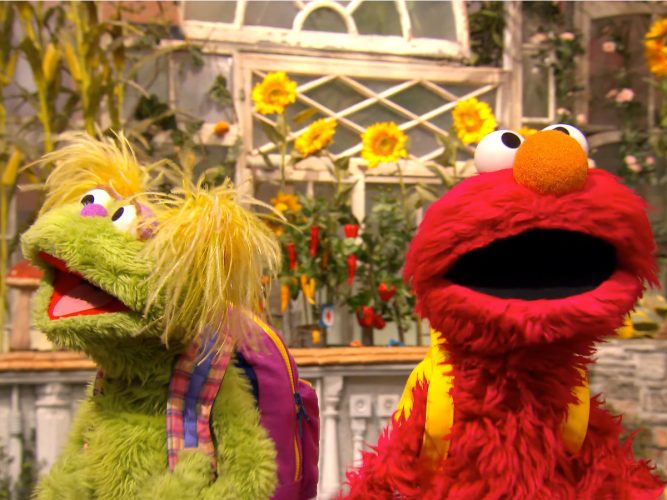
The World Sings to You
A song about listening.
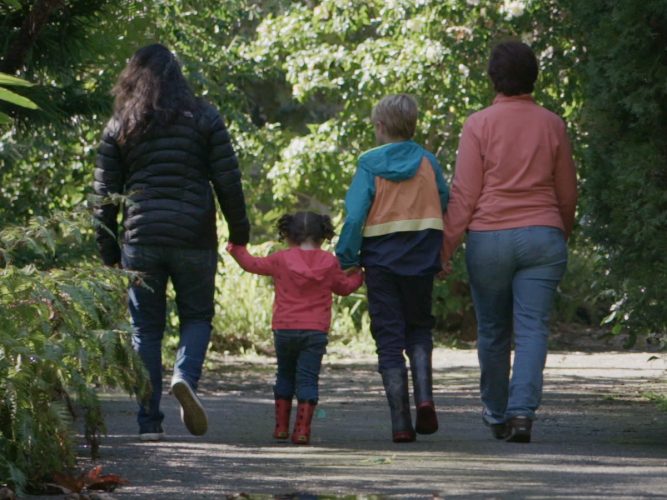
Challenges & Strategies
Reflect on a moment or a period from your childhood when you went through a challenging transition (if you’re with a group, you might share with others).

Heart Pocket
Here’s an activity to remind children that they do not lose their memories when they’re separated from those they love—they carry their memories in their hearts.
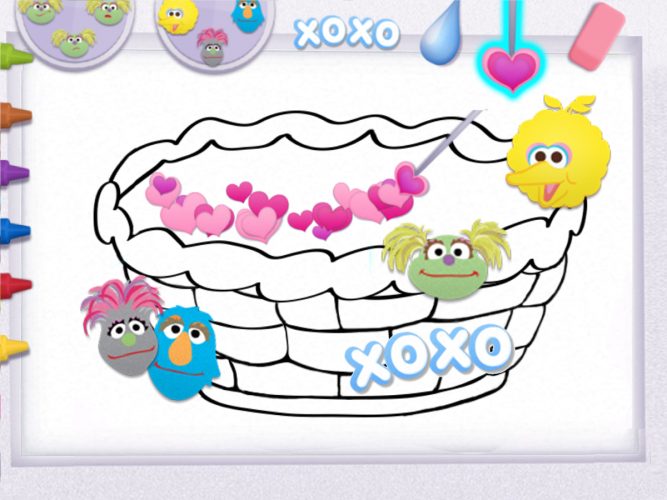
Digital Art Maker: Draw It Out! Foster Care
Digital, open-ended drawing activities to help children with expressing feelings.
